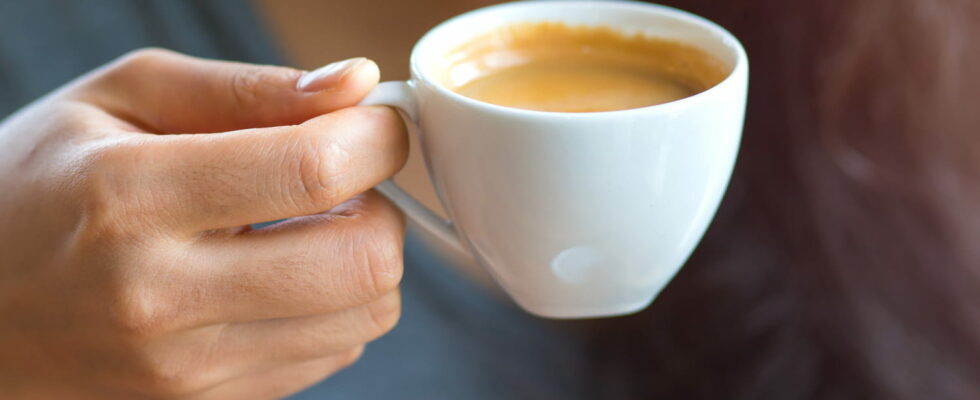“Here is my opinion as a infirmarian in cardiology,” says Jeanne Vicaire, public health manager.
Originally, coffee was considered, especially in Italy and Greece, as a medication to relieve pain, gout and digestive problems. It was only in a second step that we used to drink it for pleasure, at breakfast, at the end of a meal or when you receive someone. That said, coffee does not always have a good reputation: “He is criticized for example for being bad for the heart, likely to promote palpitations, hypertension or hypercholesterolemia, but here is my opinion as an infirmer in cardiology“, Bait Jeanne Vicaire, public health manager.
In moderate quantities, coffee (black, therefore not sweet and without milk) is beneficial for the heart. “”Caffeine is a natural vasodilator that helps fight oxidative stress by its antioxidant and anti-inflammatory effects, which delays the progression of several harmful phenomena for the heart and vessels such as atherosclerosis or insulin resistance“, Confirms our interlocutor. In addition, it is a drink that accelerates metabolism and stimulates the combustion of fats, which contributes to good cardiovascular health.
On the other hand, in high doses, coffee becomes bad for the cardiovascular system. “”Consuming coffee too often promotes the increase in blood cholesterol levels, including “bad” cholesterol“continues our expert. A study published in the BMJ Journals showed that subjects drinking at least 3 cups of espresso per day had a higher total cholesterol level than those who consumed less than 3 cups. According to our cardiology expert and the European Food Safety Agency (Efsa), you can drink up to 400 mg of caffeine per day (200 mg for pregnant or breastfeeding women), the equivalent of 5 cups of espresso (60 ml) or 3 mugs of filter or instant coffee (200 ml ), ideally without adding sugar, sweeteners (sugards …), milk or cream.
You have to be careful with the so -called “boiled” coffee, a coarsely ground type of coffee that you come to infuse in a piston coffee maker. This coffee contains higher contents in cafestol and kahweol and is said to be associated with higher average blood cholesterol levels. Actually, “The more the infusion method is not filtered, the higher the soil of the finished coffee, the more cholesterol will increase“, conclude the researchers.
